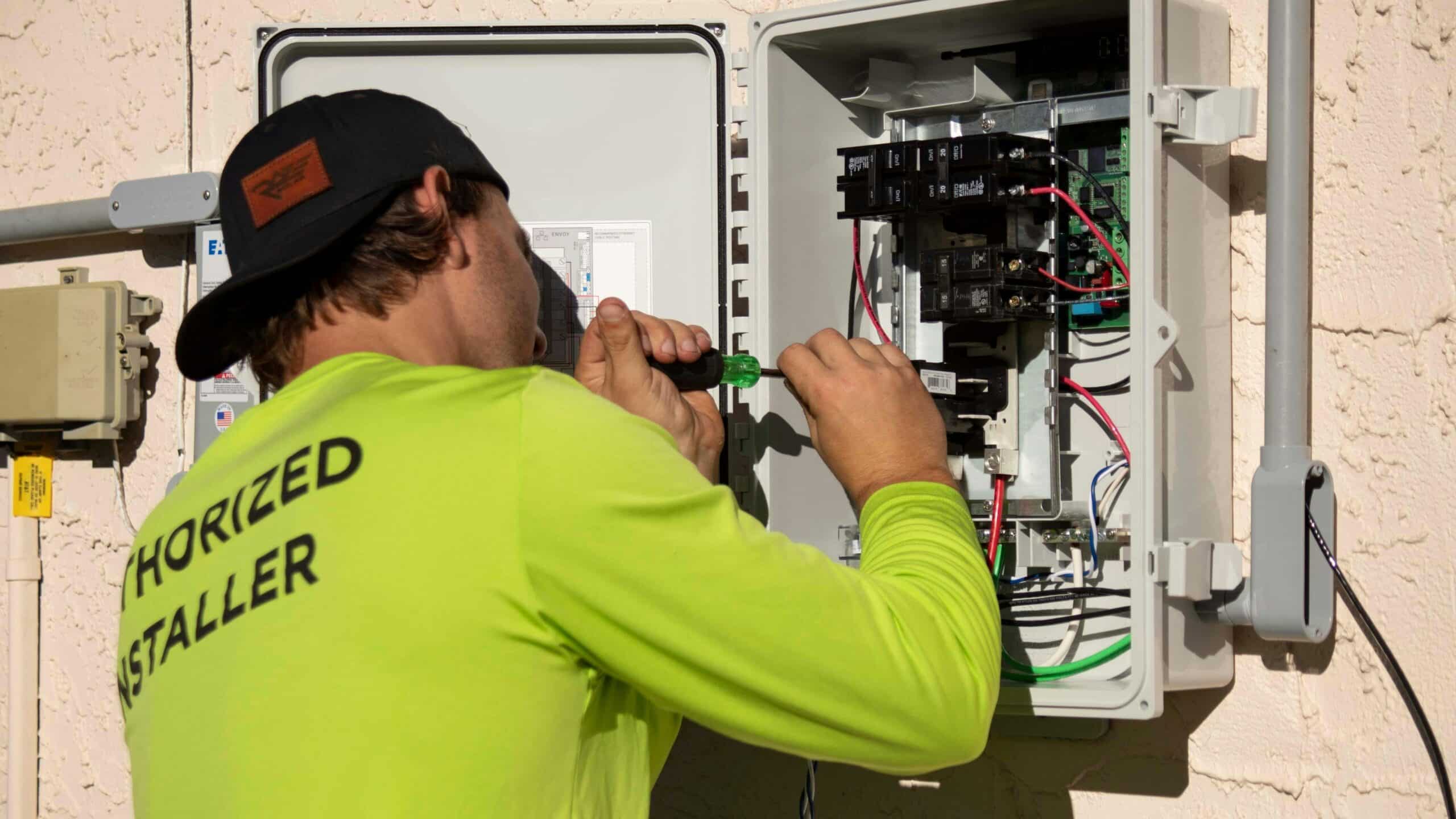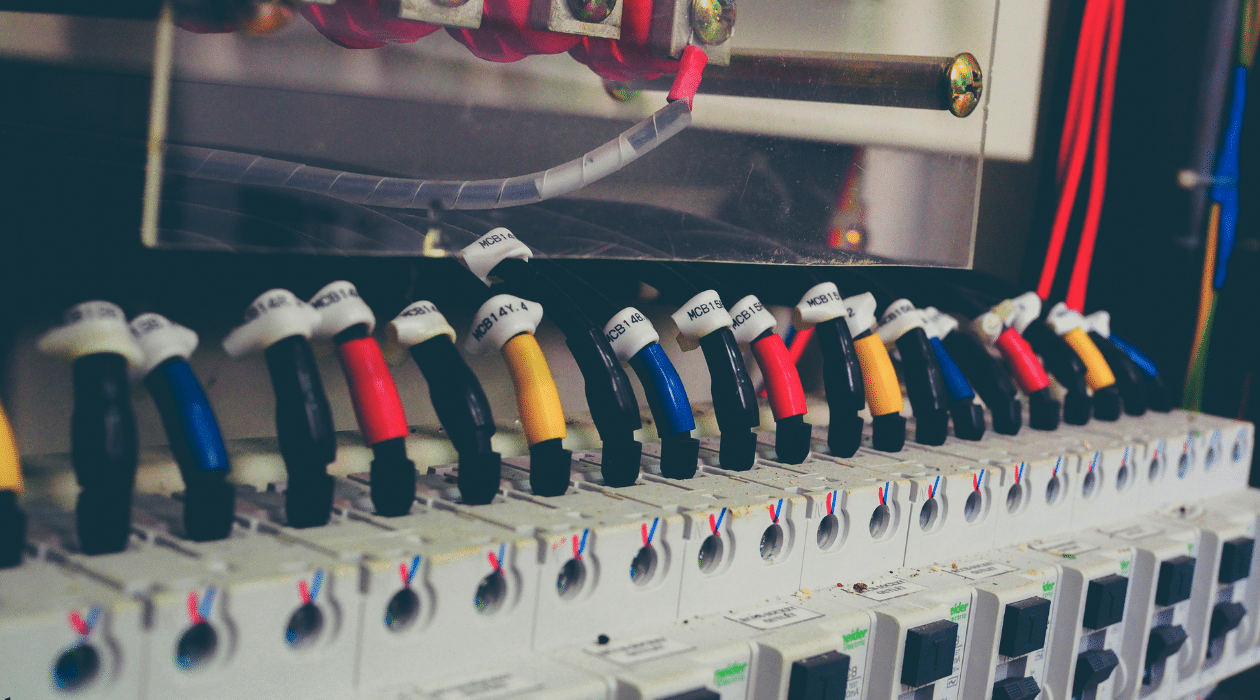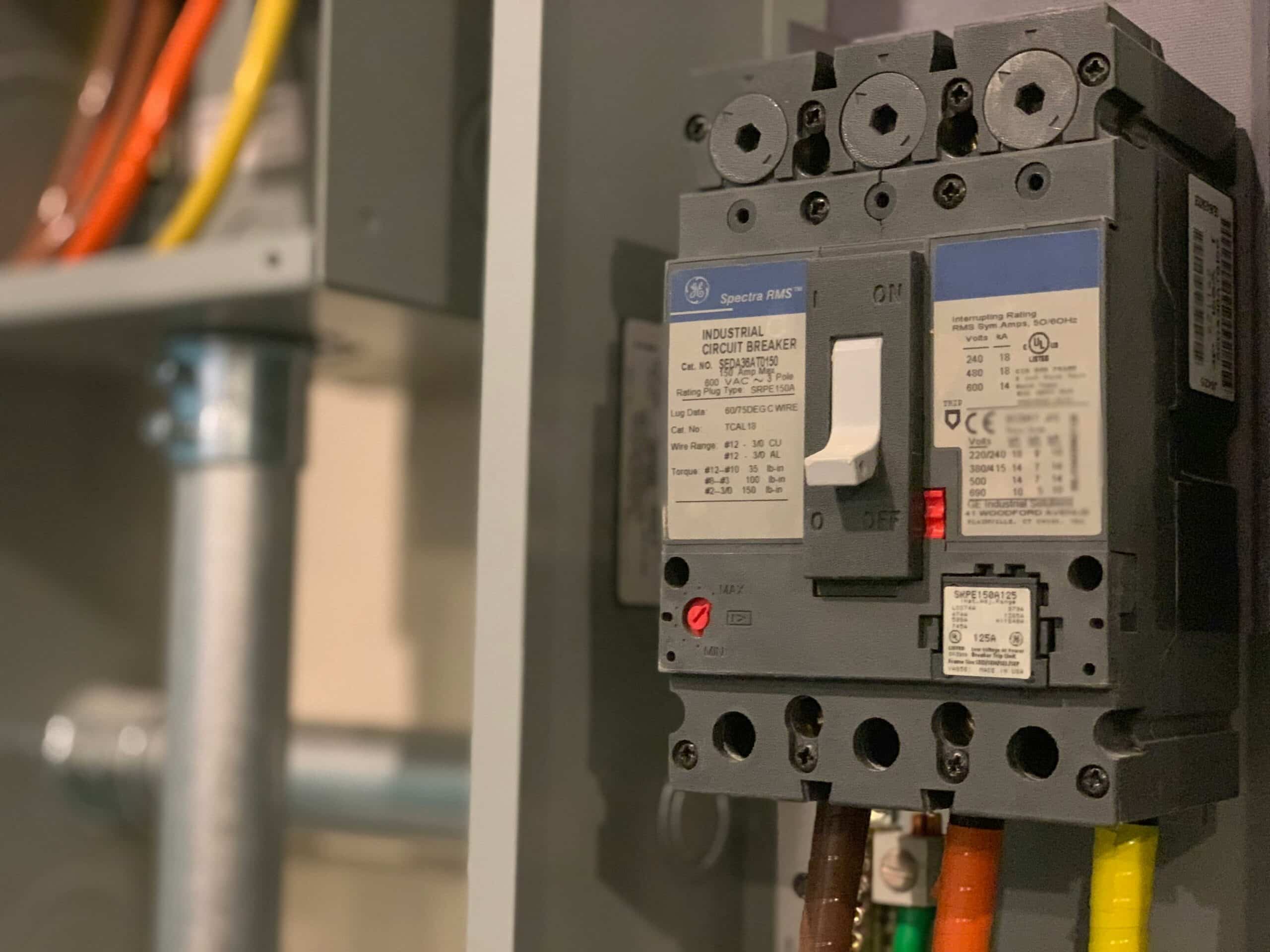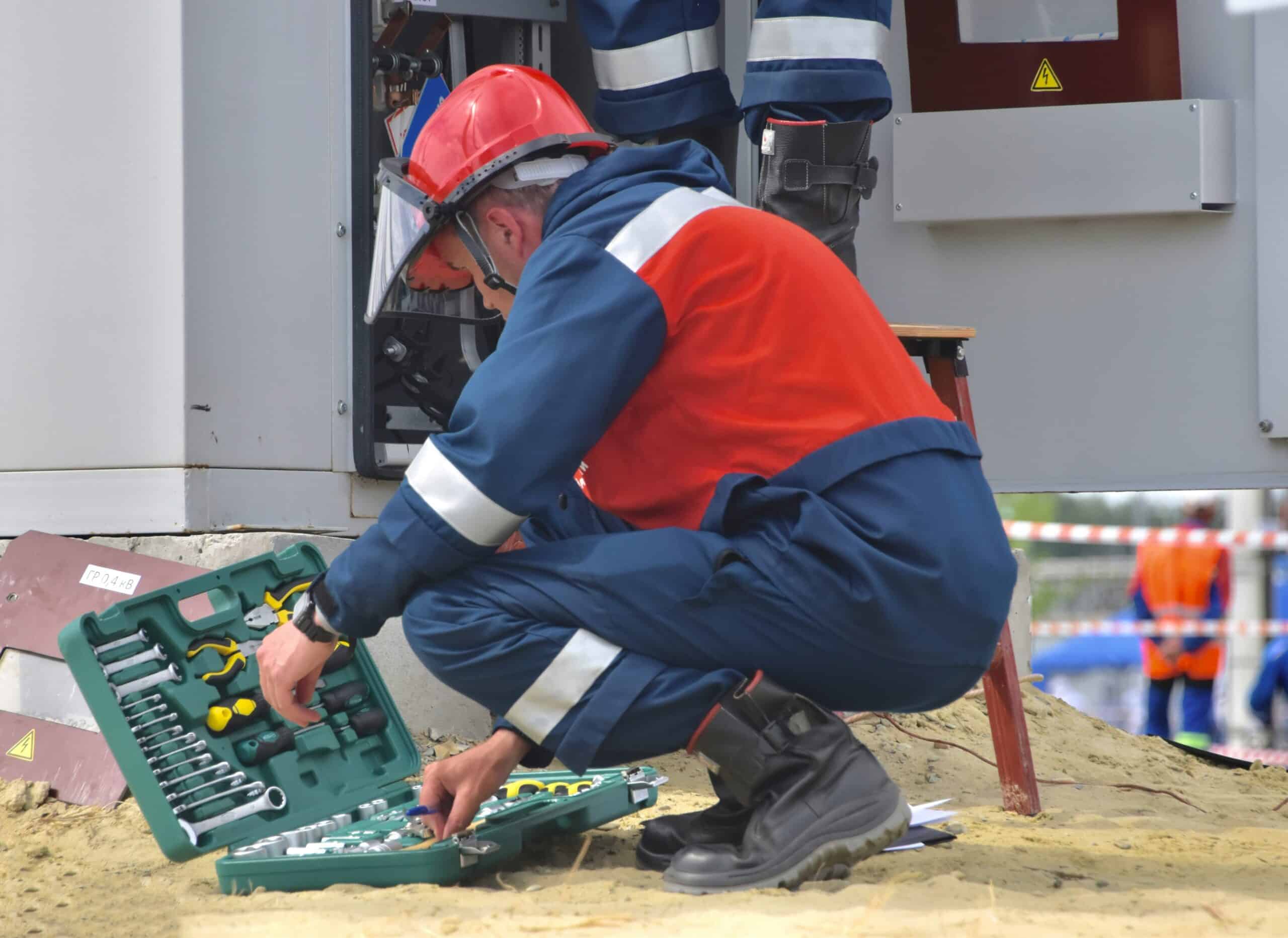
When to Call an Electrician: Managing Frequent Outages in Your Business Electrical System
When faced with frequent electrical outages, business owners often wonder when it’s time to call an electrician. Understanding the causes of these interruptions is crucial. This article explores how to identify serious electrical issues, the role an electrician plays, and common scenarios that may arise. By learning effective strategies for managing outages, business owners can ensure a reliable power supply, minimizing disruptions and optimizing productivity. Engaging with this content will equip readers with the knowledge needed to tackle electrical problems effectively and protect their operations.
Understanding Electrical Outages in Your Business
Common causes of electrical outages in commercial settings include circuit breaker failures, equipment malfunctions, and severe weather conditions like snow. Recognizing the frequency and patterns of these outages is essential for business owners, as consistent disruptions can greatly impact operations. Signs that an electrical system requires professional attention from an electrician, like frequent tripping breakers or flickering lights, should not be ignored. griggs electric ohio can provide the necessary expertise to address these issues effectively.
Common Causes of Electrical Outages in Commercial Settings
Electrical outages in commercial settings can stem from several factors, impacting the overall performance of a business’s electrical system. Common causes include equipment malfunctions, where faulty electronics may strain the system, leading to failures, and circuit breaker issues that disrupt the flow of energy. Additionally, external factors such as severe weather can affect power lines, increasing safety risks during inclement conditions, and may require vehicles to access aerial outages for repairs. Understanding these causes enables business owners to implement effective energy conservation strategies and recognize when to seek professional help from qualified electricians.
Frequency and Patterns of Outages to Watch For
Identifying the frequency and patterns of electrical outages in a business setting is crucial for maintaining operational stability. For instance, repeated outages during peak heat times may suggest an overload in the supply and demand of electrical resources or potential issues with equipment such as water heating systems. Business owners should monitor these occurrences and consider consulting an electrician if outages coincide with external factors such as solar power generation fluctuations or frequent fuse blowouts, ensuring a proactive approach to managing their electrical systems.
Impacts of Outages on Business Operations
Frequent electrical outages can significantly disrupt business operations, leading to reduced productivity and increased costs. For instance, extreme weather events can cause unexpected failures, making it essential for businesses to invest in backup systems such as generators, especially in regions prone to severe weather. Additionally, leveraging renewable energy solutions may enhance resilience, allowing businesses to maintain operations during outages while reducing overall energy consumption.
Signs Your Electrical System Needs Professional Attention
Business owners should be alert to signs indicating that their electrical system requires professional attention. Frequent circuit breaker trips or flickering lights often signal underlying electrical problems that could disrupt operations or compromise safety. Engaging reliable electrical services is crucial to assess and rectify issues related to infrastructure and public utility, ensuring that the electrical system runs smoothly and efficiently.
Identifying Serious Electrical Issues
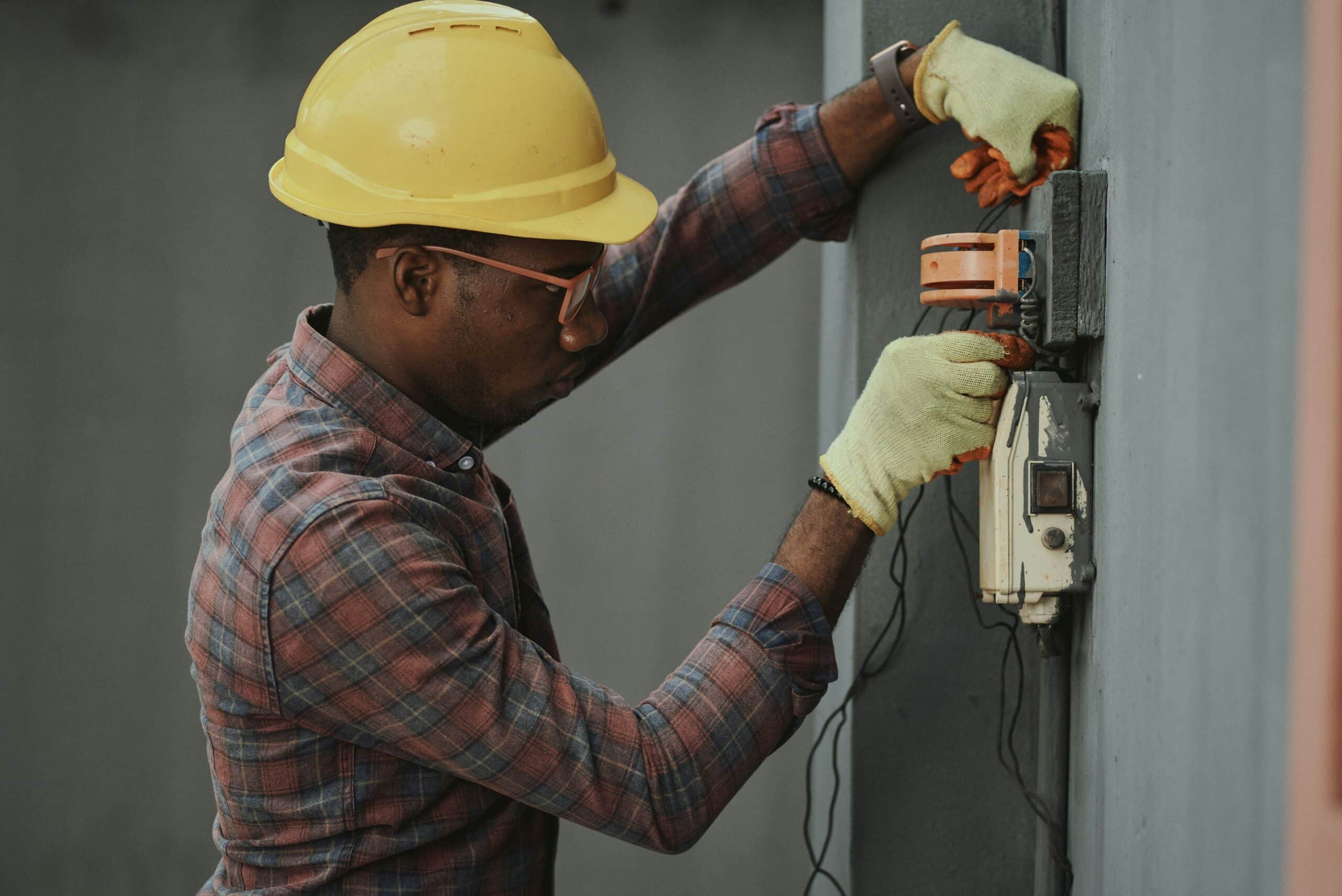
Distinguishing between temporary and persistent electrical problems is crucial for business owners facing frequent outages. Recognizing warning signs of electrical system failure, such as flickering lights or unusual noise, can indicate larger underlying issues. It is essential to evaluate the safety risks associated with power outages and take appropriate action, ensuring both reliability and customer satisfaction when managing demand response effectively.
Distinguishing Between Temporary and Persistent Problems
Understanding whether an electrical issue is temporary or persistent is essential for effective emergency management in a business. For example, a brief outage during a wildfire may be a result of external factors, while repeated failures suggest a deeper problem within the electrical system that requires immediate contract consultations with an electrician. Staying safe is a priority; recognizing the signs of persistent issues allows business owners to take proactive steps to resolve them before they escalate into larger threats.
Recognizing Warning Signs of Electrical System Failure
Recognizing warning signs of electrical system failure is vital for business owners aiming to maintain a reliable power supply. Indicators such as frequent flickering lights, unusual noises from outlets, or persistent circuit breaker trips can signal underlying issues that may disrupt energy flow. Engaging qualified contractors for a thorough inspection becomes essential, as swift action not only helps to restore power but also prevents further complications that could adversely affect operations.
When Flickering Lights Indicate a Larger Problem
Flickering lights in a business can often indicate a more significant electrical issue, especially after events such as a lightning strike, which may have caused damage to the wiring or equipment. This phenomenon should not be dismissed as a mere inconvenience; it can point to problems like overloaded circuits or faulty connections that may lead to potential safety hazards. Engaging emergency service from a qualified electrician is essential to identify and rectify these underlying issues promptly, ensuring continued safety and efficiency within the electrical system.
Evaluating the Safety Risks of Electrical Outages
Evaluating the safety risks associated with electrical outages is essential for business owners seeking to maintain a secure environment. Frequent interruptions can lead to not only disruptions in service but also potential hazards such as electrical fires or equipment damage. Engaging a qualified electrician to assess these risks enables businesses to implement appropriate safety measures and ensure that their electrical systems operate reliably, thus protecting both personnel and infrastructure.
The Role of an Electrician in Managing Outages

During an inspection by an electrician, business owners can expect a thorough evaluation of their electrical systems, identifying any issues contributing to frequent outages. Electricians offer specific services tailored to address electrical problems, including troubleshooting, repairs, and maintenance. Understanding the cost implications of consulting with a professional, along with the importance of regular maintenance, can help businesses maintain a reliable electrical system, ensuring operational efficiency.
What to Expect During an Inspection by an Electrician
During an inspection by an electrician, business owners can expect a comprehensive assessment of their electrical systems to identify issues related to frequent outages. The electrician will examine components such as circuit breakers, wiring, and connections, looking for signs of wear or malfunction that may disrupt service. This thorough evaluation not only helps pinpoint the root causes of outages but also provides actionable recommendations for repairs and ongoing maintenance, ensuring a reliable electrical system for the business.
Specific Services an Electrician Offers for Electrical Problems
Electricians provide a range of specialized services designed to address electrical problems within a business’s system. They conduct diagnostics to identify issues like faulty wiring or circuit overloads, ensuring that the root causes of frequent outages are thoroughly examined. Additionally, electricians can implement corrective measures such as replacing outdated panels, upgrading circuits, or safely reconfiguring connections to enhance system reliability, ultimately helping businesses maintain consistent operations.
Cost Implications of Consulting an Electrician
Consulting an electrician for frequent outages in a business’s electrical system can involve various costs, yet it is a necessary investment for long-term stability. Business owners should weigh the immediate expenses against the potential risks of ongoing outages, which can lead to significant operational disruptions and safety hazards. Engaging a qualified electrician not only addresses existing issues but also ensures the electrical system is optimized, reducing the likelihood of future problems and protecting the business’s infrastructure.
Importance of Regular Maintenance for Electrical Systems
Regular maintenance of electrical systems is crucial for preventing frequent outages in a business environment. Scheduling routine inspections allows electricians to identify potential issues, such as worn-out wiring or overloaded circuits, before they escalate into significant problems. By proactively addressing these concerns, businesses can maintain reliable operations and enhance safety, ultimately safeguarding their investments and ensuring a stable power supply.
Common Electrical Outage Scenarios in Businesses
Power supply issues from the utility provider can lead to significant disruptions in business operations, requiring immediate attention. Weather-related events often exacerbate these outages, making it essential to have strategies in place to manage them effectively. High equipment loads can also trigger failures, and faulty wiring or infrastructure may create serious hazards. This section will cover how to handle these scenarios, ensuring continued productivity and safety.
How to Handle Power Supply Issues From the Utility Provider
To effectively manage power supply issues stemming from the utility provider, businesses should first establish a reliable line of communication with the provider to receive updates on outages. Keeping a record of these interruptions helps identify recurring problems and can assist electricians in diagnosing whether the issues lie within the building’s infrastructure or with the utility supply. If outages are frequent, consulting with a qualified electrician can provide actionable solutions, such as installing a backup generator, ensuring operational continuity during extended disruptions.
Managing Outages During Weather-Related Events
During weather-related events, businesses must be prepared for potential outages that can disrupt operations. Keeping essential equipment properly maintained and investing in backup power solutions can mitigate the impact of severe weather on electrical systems. Engaging with qualified electricians ensures businesses can create comprehensive plans to manage outages, facilitating quicker recovery and maintaining productivity during challenging conditions.
Addressing Outages Due to High Equipment Load
Addressing outages due to high equipment load requires careful monitoring of energy consumption in a business. When multiple devices operate simultaneously, it can strain the electrical system, leading to frequent outages. Engaging a qualified electrician can help assess the load capacity and recommend solutions, such as redistributing power or upgrading circuits, to ensure consistent energy delivery and improved operational efficiency.
Dealing With Outages From Faulty Wiring or Infrastructure
Dealing with outages from faulty wiring or infrastructure requires immediate action from business owners to prevent potential hazards. Old or damaged wiring may not handle the electrical load effectively, leading to frequent outages and increasing the risk of electrical fires. Engaging a qualified electrician is essential to conduct a thorough inspection and implement necessary repairs, ensuring a safe and reliable electrical system that maintains business operations smoothly.
Strategies for Minimizing Electrical Outages
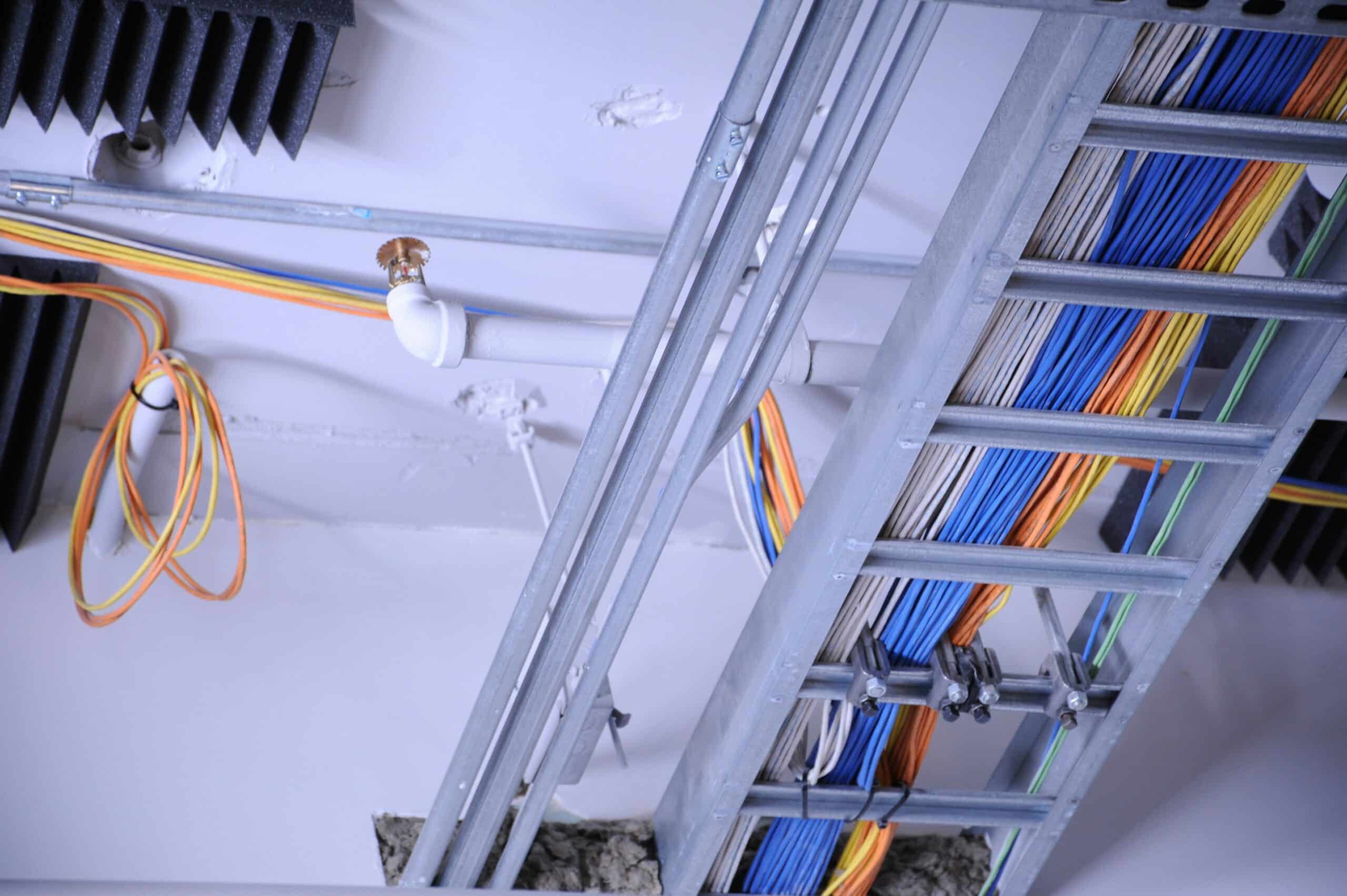
Implementing best practices for electrical system maintenance is essential for minimizing frequent outages in business environments. Investing in backup power solutions can provide stability during disruptions, while energy management systems help monitor consumption effectively. Additionally, educating employees on electrical safety and protocols enhances overall workplace safety. Each of these strategies plays a critical role in ensuring reliable operations and mitigating risks associated with electrical problems.
Best Practices for Electrical System Maintenance
To minimize electrical outages in a business, implementing best practices for electrical system maintenance is critical. Regular inspections by qualified electricians can help identify potential issues such as outdated wiring or overloaded circuits before they lead to failures. Additionally, maintaining a log of electrical performance can assist in recognizing patterns that may require attention, ultimately supporting the business’s operational reliability.
Investment in Backup Power Solutions
Investing in backup power solutions is a strategic move for businesses facing frequent electrical outages. Options such as generators provide a reliable power source during disruptions, ensuring critical operations continue without interruption. By consulting with a qualified electrician, business owners can determine the appropriate size and type of backup system that meets their specific energy needs, thus enhancing operational resilience and safety.
Implementing Energy Management Systems
Implementing energy management systems can significantly reduce electrical outages in a business. These systems allow owners to monitor energy consumption in real time, enabling them to identify patterns and address potential issues before they lead to failures. By engaging qualified electricians to set up and maintain these systems, businesses can enhance their operational efficiency, leading to more reliable energy usage and minimizing disruptions.
Educating Employees on Electrical Safety and Protocols
Training employees on electrical safety and protocols is vital for any business aiming to minimize outages. By providing guidance on safe equipment use and recognizing warning signs of electrical issues, businesses can foster a culture of awareness and responsibility. Educated employees are more likely to report potential problems early, reducing the risks associated with failures and ensuring smoother operations.
Frequently Asked Questions About Electrical Outages
Understanding when to call an electrician is vital for managing frequent electrical outages in a business’s system. Identifying the risks of ignoring outages, knowing how often to schedule electrical inspections, and recognizing the role of regular maintenance in preventing issues are all key factors that can enhance operational reliability. Each topic addresses crucial elements that help ensure a safe and efficient electrical environment.
How Can I Tell When to Call an Electrician?
Business owners should call an electrician when they notice frequent outages, persistent flickering lights, or circuit breakers that repeatedly trip. These signs often indicate underlying issues within the electrical system that can disrupt daily operations. Engaging a qualified electrician promptly can help address these problems, ensuring the business maintains a reliable electrical supply and minimizes risks associated with electrical failures.
What Are the Risks of Ignoring Electrical Outages?
Ignoring electrical outages can lead to significant risks for businesses, including decreased productivity and increased safety hazards. Frequent interruptions may cause equipment damage, resulting in costly repairs and potential loss of valuable data. Moreover, the longer these underlying issues remain unaddressed, the greater the risk of fires or electrical failures, jeopardizing both the safety of employees and the integrity of the business infrastructure.
How Often Should I Schedule Electrical Inspections?
Business owners should schedule electrical inspections at least once a year to ensure their systems are functioning correctly and safely. Regular assessments help identify potential issues before they escalate into significant problems, like frequent outages or safety hazards. Consulting with a qualified electrician for these inspections not only promotes operational reliability but also enhances the overall safety of the workplace.
Can I Prevent Outages With Regular Maintenance?
Regular maintenance can significantly reduce the likelihood of electrical outages in a business by ensuring all components are in optimal working order. Scheduling routine inspections allows electricians to identify and rectify potential issues, such as worn-out wiring or overloaded circuits, before they escalate and disrupt operations. By investing in maintenance, business owners can enhance reliability and safety, ultimately fostering a stable power supply essential for uninterrupted productivity.
Conclusion
Recognizing when to call an electrician is critical for maintaining a reliable electrical system in any business. Frequent outages, flickering lights, and tripping circuit breakers indicate underlying issues that can disrupt operations and pose safety risks. Proactive engagement with qualified electricians not only addresses existing problems but also promotes long-term stability through regular maintenance and inspections. By prioritizing these actions, business owners can ensure their electrical systems operate efficiently, safeguarding both productivity and infrastructure.

